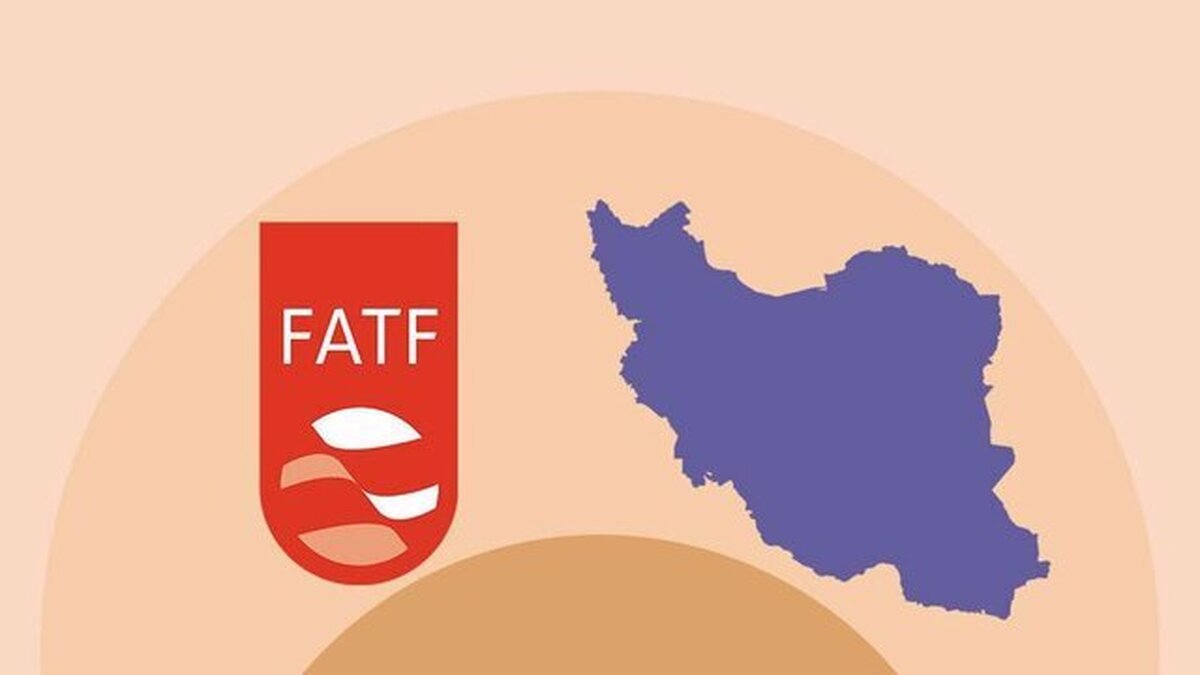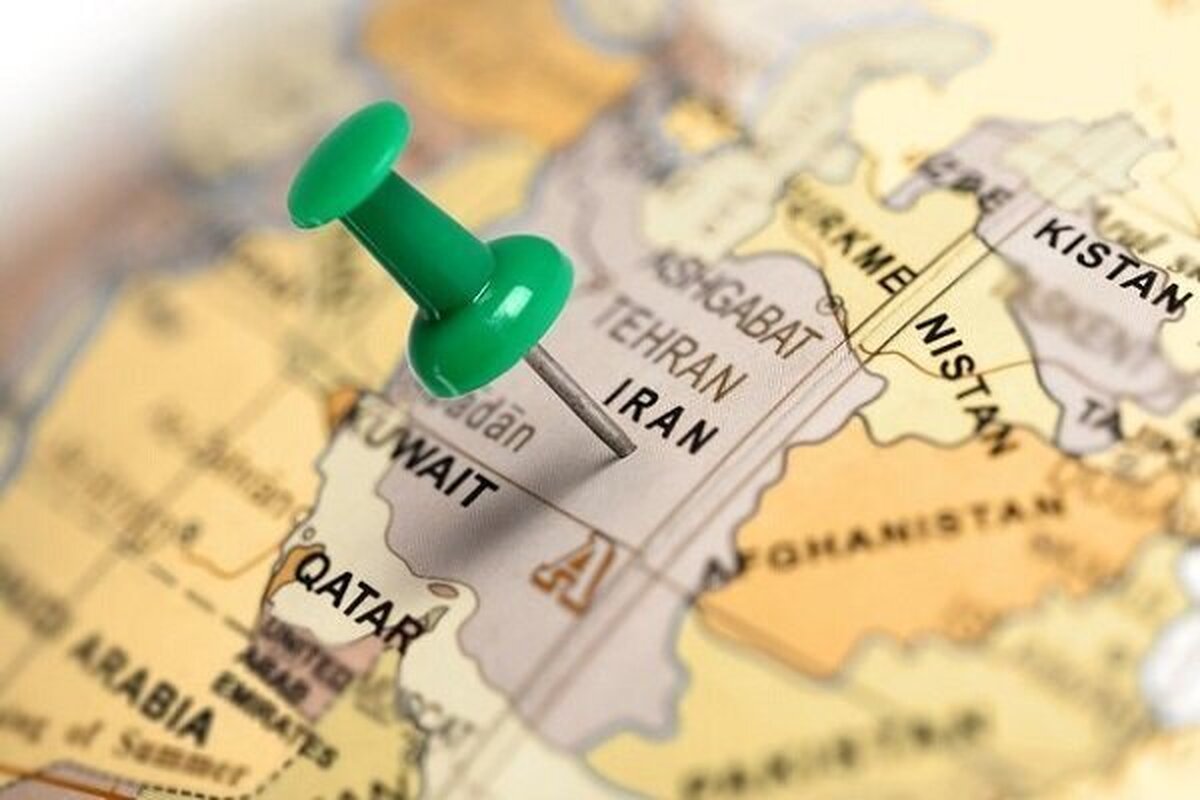
UN sanctions to have no significant impact on Iran’s economy

Bijan Nobaveh, a member of the Iranian parliament, believes the reactivation of the snapback mechanism against Iran will have little effect on the country’s economy.
Speaking to Mehr News Agency in reaction to the activation of the snapback mechanism, Bijan Nobaveh Vatan said that the activation of the snapback mechanism will practically have no significant impact on Iran, particularly in the economic sphere, except for creating a negative psychological atmosphere.
“The snapback mechanism is a very important legal issue. If it were applied in its proper place, based on the initial regulations of the United Nations and Resolution 2231, and if Iran had failed to fulfill its commitments, there could have been grounds for its reinstatement. But all legal evidence shows that Iran not only fulfilled its obligations, but even went beyond them.”
On the other hand, he said, the United States withdrew from the JCPOA, and the European parties to the deal did not implement any of their commitments. "They failed to deliver on their promises, and now, by abusing the snapback mechanism, they intend to act against the Islamic Republic of Iran.”
He stressed that the threats and negative consequences of the current unilateral and irrational sanctions by the US and European countries against Iran in various economic and banking fields are far greater than the effects that the activation of the snapback mechanism would have on the country's economy.
“The activation of the snapback mechanism will practically have no significant impact on our country, especially in the economic field, other than creating a negative psychological effect," he noted, underlining that, of course, the Islamic Republic of Iran has also strong leverage.
Emphasizing that Iran has powerful means at its disposal today, he said, “Just as permanent members of the UN Security Council such as Russia and China have explicitly declared, the activation of the snapback mechanism has no legal basis.”
The lawmaker also underscored the negative record of European countries in dealing with Iran, saying, “The three European countries—France, Germany, and the UK—have a disgraceful and undesirable history in their interactions with Iran. These countries were involved in colonial practices, including supplying chemical weapons to the Ba'athist regime of Iraq. The Iranian people are fully aware and vigilant; they closely monitor such actions and will never forget them.”
“The Iranian nation has overcome much tougher and more complicated challenges and will overcome this one as well. Ultimately, it will be the European countries whose economic relations and exports are affected by these anti-Iranian measures," he concluded./mehr




